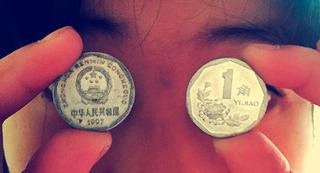
The Sino-Russian swap agreement of 2014 was signed right before a major geo-political crisis and the depreciation of the Russian currency. Although the idea of an escape from the U.S. dollar in bilateral payments is quite positive, the deal could not help improve bilateral trade and investment.

Andrey Movchan explains what lessons Russia can learn from Mexico, the United Arab Emirates, and Venezuela to deal with the perennial “resource curse.”
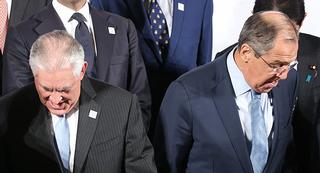
The US-Russian relationship under Trump will mainly focus on reducing risks of collision, taking confidence-building measures, and engaging in other forms of war avoidance. Improved relations can only result from a change in the basic attitude of either of the two countries toward the other.

Russian companies are optimistic that the sale of cheap grain and high-quality sweets will help create a climate of “comprehensive strategic cooperation” with China. However, they face completion in the Chinese market from more familiar food brands from the U.S., Australia and New Zealand.

The risk of a confrontation has increased since Friday, but, paradoxically, greater American involvement in Syria may also bring about closer US-Russian co-operation there, leading eventually to a political settlement and an end to the bloody six-year civil war.
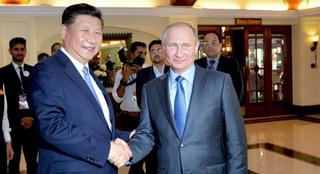
Sino-Russian relations do not constitute a new axis of like-minded authoritarian regimes that want to challenge the West by default. But it’s an example of how tactical and opportunistic cooperation of non-Western powers seeking to boost their influence on the international stage comes at expense of the Western-led international order.
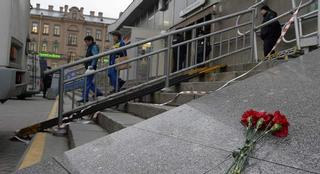
The attack in St Petersburg should push Moscow to revisit its counterterrorism strategy and be ready to meet the challenge of this evolving threat. Monday’s bombing should make Kremlin understand the need for a comprehensive strategy.

State-sector reform is crucial for the long-term prospects of the Chinese economy, but it remains unclear how Russia's experience in dealing with the state sector could be of any use to Beijing.
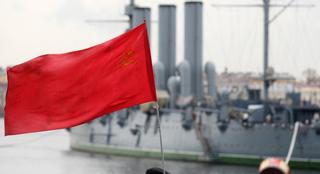
Russia is locked in a battle between official history (the story of the state) and counter-history (the story of civil society and the memories of the people). With the centenary of the October Revolution this year, the clash will move to the center of public life.
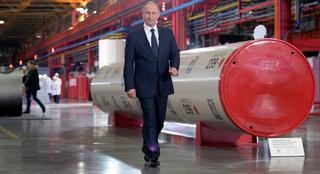
Having found itself in a lose-lose situation, the West will most probably do nothing—keeping sanctions in place and freezing the situation. The Kremlin will be happy. Russia won’t stop meddling in Ukraine or give up Crimea.
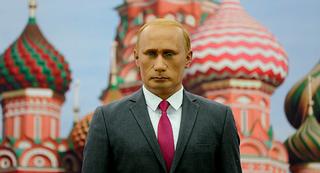
By co-opting the masses against the elite, the President Putin has shaped Russia to echo his values and grievances. And now he’s working to secure his legacy.
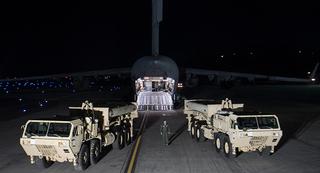
The more realistic option would be increased information sharing between Moscow and Beijing on THAAD and the US military presence in Northeast Asia, as well as joint exercises like the one held in May 2016.
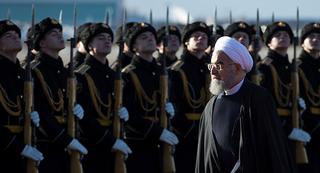
Russia and Iran should talk more about how they interpret each other’s interests, adjust these interpretations and avoid misinterpretations in the future.
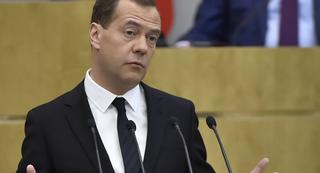
“Medvedevgate” will be forgotten quickly, however, an after-effect will remain, if only because this story revealed the political and economic workings of Russia’s current elite. It provided an inside look at how money and luxury serve as the lifeblood animating Russia’s body politic.
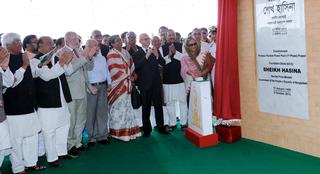
If explained in details and promoted by the Russian and Bangladeshi authorities, solutions about water supply, spent nuclear fuel, and security could end some concerns and fears about the Rooppur NPP and help create a friendly environment around this project.
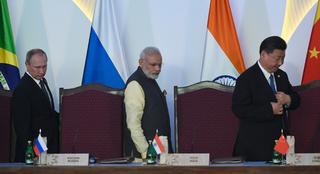
Rather than forging an alliance against the third corner of the triangle, China and Russia should join forces in building a new regional system at the time when the global order is in transition.
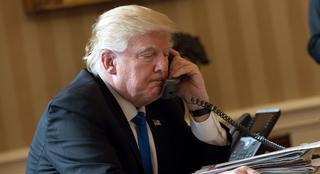
Trump’s arrival in the White House has put the worsening U.S.-Russian confrontation on hold, for now.

Media reports about a rapprochement between Russia and the Taliban are not even close to reality. Moscow, however, has opened communication channels with the Afghan group, with an eye on protecting its own interests in the country.
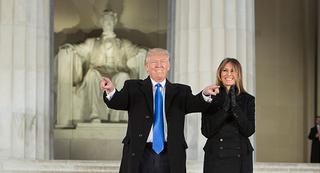
Even if Moscow wisely avoids a bid for the mediator role in South Asia, behind the scenes it could facilitate dialogue between India and Pakistan on bilateral issues.
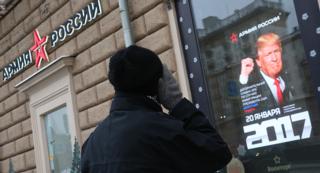
If Vladimir Putin and Donald Trump are able to find a common language of respective national interests, then in spite of the fundamental differences and the unavoidable rivalry, Russian-US adversity may become more manageable. Under the current circumstances, one could call this an achievement.